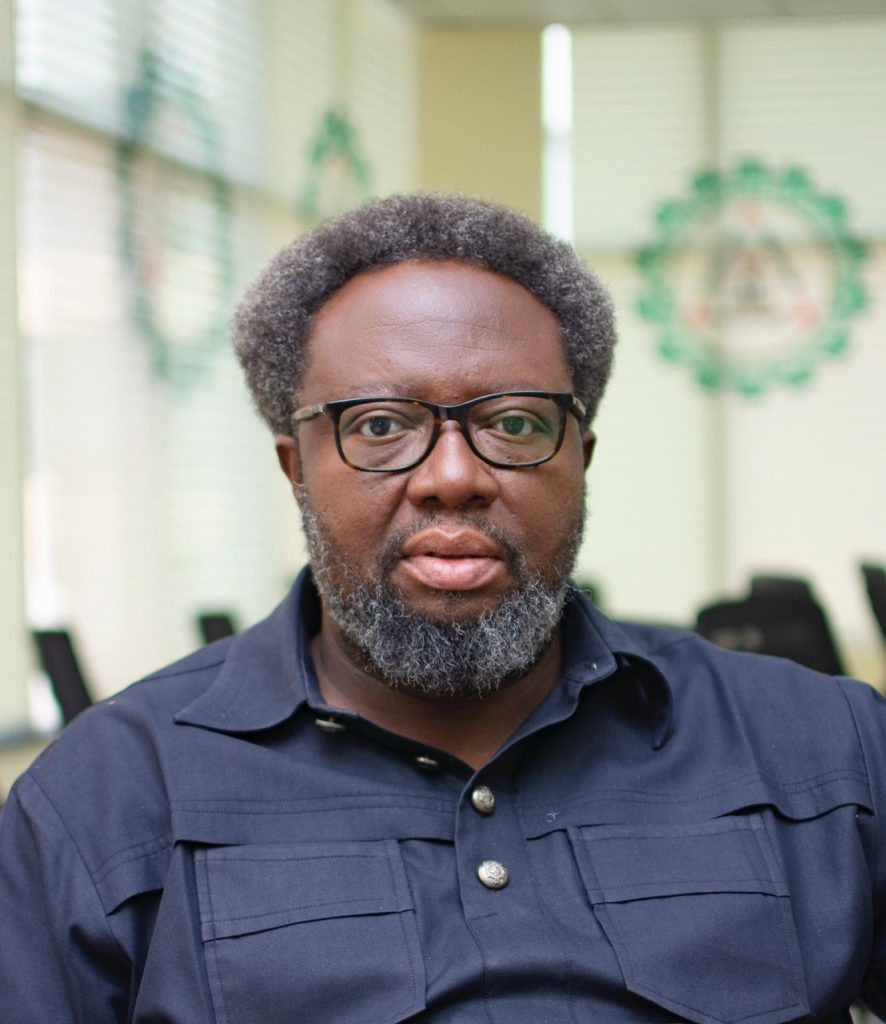…Unveils Plan For National Nanotechnology Centre

The director-general of the Raw Materials Research and Development Council (RMRDC), Prof. Nnanyelugo Ike-Muonso, has reaffirmed the council’s commitment to harnessing nanotechnology as a strategic lever for industrial transformation.
He made this assertion during his keynote address with the theme “Nanotechnology as a Catalyst for Industrial Transformation in Africa,” at the 6th African Conference/Workshop on Applications of Nanotechnology in Energy, Environment, Agriculture, and Health, held at the University of Nigeria, Nsukka (UNN).
The conference, hosted by UNN’s Nano Research Group in collaboration with OilServ Group Ltd., brought together experts, academics, and innovators across Africa to explore how nanotechnology could provide African solutions to African challenges.
In his keynote, the RMRDC boss laid out a visionary roadmap, asserting that Nigeria’s future industrial and economic competitiveness will not hinge on the sheer volume of its raw materials but on its capacity to transform them through innovation, research, and strategic partnerships, particularly in the emerging field of nanotechnology.
“We are at the cusp of a new era. The success of countries in this century will be defined not by the volume of their raw materials, but by their capacity to transform them through innovation, and nanotechnology provides us that leverage,” he pointed out.
He then delved into five key sectors where nanotechnology can serve as a game-changer for Nigeria and Africa at large:
In the energy and power sector, he stressed the urgent need for Nigeria to reduce its dependence on imported batteries and instead develop homegrown lithium battery technologies.
The DG pointed out that efficiency, lifespan, and affordability of modern batteries can be vastly improved through nanotechnology, enabling energy independence and powering the shift toward clean mobility and decentralized power systems.
In the area of environment and pollution control, the DG highlighted the potential of nano-based materials in removing heavy metals, purifying water, and detoxifying polluted soils, particularly in the oil-impacted regions of the Niger Delta.
“We can no longer treat the environment as an afterthought. Nano-remediation can give us a second chance,” he maintained, calling for urgent integration of advanced remediation technologies into environmental policy.
On agriculture and food security, he explained how nano-encapsulated pesticides and fertilizers could improve crop yield, minimize post-harvest losses, and help farmers combat pests and diseases more effectively — aligning squarely with the federal government’s strategic push toward agricultural transformation.
In the health sector, Prof. Ike-Muonso emphasized nanotechnology’s role in targeted drug delivery, advanced diagnostics, and the development of biosensors. He particularly underscored its relevance for the early detection and treatment of major diseases like cancer, tuberculosis, and malaria, noting that such advancements could revolutionize healthcare delivery across Nigeria.
Talking on industry and raw materials development, he reiterated RMRDC’s core mandate to add value to Nigeria’s vast natural resource base. He noted that with nanomaterials, nano-coatings, and smart composites, Nigeria could significantly boost product quality, shelf life, and global competitiveness; essential ingredients for achieving economic diversification and self-reliance.
Still in his keynote address, Prof. Ike-Muonso announced that RMRDC would be partnering with the University of Nigeria to establish a Nanotechnology Center that would serve as a national hub for nanotech-enabled innovation and industrial research.
He explained that the establishment would follow a two-phase rollout. The first phase would see the Centre set up at the RMRDC Research Demonstration Complex in Abuja, where UNN experts will train RMRDC staff and help build internal capacity, while the second phase would involve the creation of a full-fledged center at UNN Nsukka, thereby solidifying the university’s role as a centre of excellence in nanoscience and technology.
Prof. Ike-Muonso was taken on a guided tour of the university’s nanotechnology laboratory by members of the Nano Research Group led by a lecturer in the Department of Astronomy and coordinator of the university’s battery production project, Dr. Chinwe Nwanya.
The DG expressed admiration for the laboratory’s advanced equipment, the evident commitment of the researchers, and the high-quality results already emerging from the work being done.
Dr. Nwanya gave a compelling overview of the university’s pioneering lithium battery project, which she said began in 2017, inspired by her academic visit to Cambridge University. That experience led her to secure a FLAY Research Grant, which launched the project formally at UNN.
According to her, since then, the research group has achieved significant milestones, including the production of lithium coin batteries capable of powering small electronics such as wristwatches, calculators, and remote controls.
“We have the machines; we have the manpower. We are ready for the next phase, which is mass production for industrial applications, “but we cannot go far without institutional support. That’s why this partnership with RMRDC is historic and strategic,” she explained.
In response, Prof. Ike-Muonso assured the university of RMRDC’s commitment to seeing the battery innovation project through to commercialization. He stressed that the council would not only provide technical and institutional support, but would also mobilize national stakeholders to facilitate the adoption of the research outcomes within the country’s broader industrial landscape.

